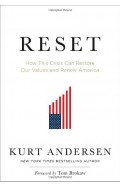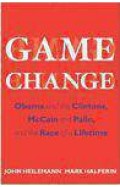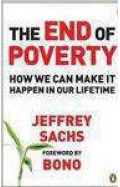- Home
- Categories
- Non Fiction
- Politics & Current Affairs
- The Revenge of the Real - Politics for a Post-Pandemic World
The Revenge of the Real - Politics for a Post-Pandemic World
By: Benjamin H. Bratton
-
Rs 1,950.75
- Rs 2,295.00
- 15%
You save Rs 344.25.
Due to constant currency fluctuation, prices are subject to change with or without notice.
The Revenge of the Real - Politics for a Post-Pandemic World
By: Benjamin H. Bratton
Rs 1,950.75 Rs 2,295.00 Ex Tax :Rs 1,950.75
Zubin Mehta: A Musical Journey (An Authorized Biography)
By: VOID - Bakhtiar K. Dadabhoy
Rs 892.50 Rs 1,050.00 Ex Tax :Rs 892.50
The Origins of Political Order From Prehuman Times to the French RevolutioN
By: Francis Fukuyama
Rs 4,045.50 Rs 4,495.00 Ex Tax :Rs 4,045.50
Reset: How This Crisis Can Restore Our Values and Renew America
By: Kurt Andersen
Rs 450.00 Rs 500.00 Ex Tax :Rs 450.00
How To Win A Cosmic War God Globalization And The End Of War
By: Reza Aslan
Rs 625.50 Rs 695.00 Ex Tax :Rs 625.50
Game Change Obama And The Clintons McCain And Palin And The Race Of A Lifetime
By: John Heilemann
Rs 715.50 Rs 795.00 Ex Tax :Rs 715.50
Made to Stick: Why Some Ideas Take Hold and Others Come Unstuck
By: Chip Heath & Dan Heath
Rs 2,695.50 Rs 2,995.00 Ex Tax :Rs 2,695.50
No similar books from this author available at the moment.
The End of Plagues: The Global Battle Against Infectious Disease
By: John Rhodes
Rs 2,375.75 Rs 2,795.00 Ex Tax :Rs 2,375.75
To Save An Army - The Stalingrad Airlift
By: Robert Forsyth
Rs 5,010.75 Rs 5,895.00 Ex Tax :Rs 5,010.75
A Stroke of the Pen - The Lost Stories
By: Terry Pratchett
Rs 3,145.50 Rs 3,495.00 Ex Tax :Rs 3,145.50
The Mathnawi of Jalalud Din Rumi Commentary
By: Reynold A. Nicholson
Rs 5,400.00 Rs 6,000.00 Ex Tax :Rs 5,400.00
Zubin Mehta: A Musical Journey (An Authorized Biography)
By: VOID - Bakhtiar K. Dadabhoy
Rs 892.50 Rs 1,050.00 Ex Tax :Rs 892.50
The Revenge of the Real - Politics for a Post-Pandemic World
By: Benjamin H. Bratton
Rs 1,950.75 Rs 2,295.00 Ex Tax :Rs 1,950.75












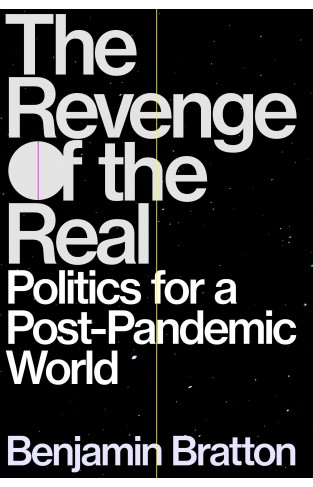
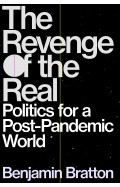
-120x187.jpg?q6)





-120x187.jpg?q6)
